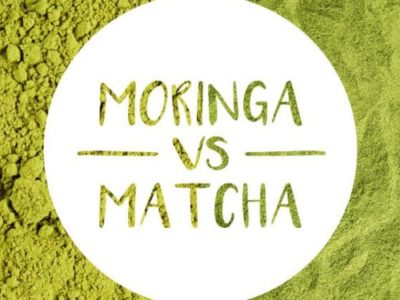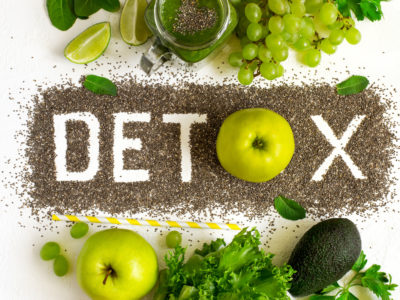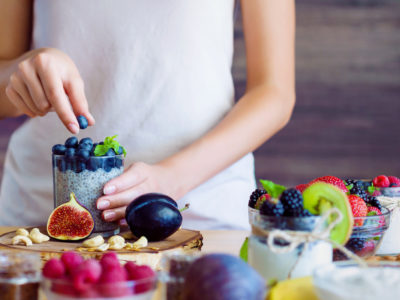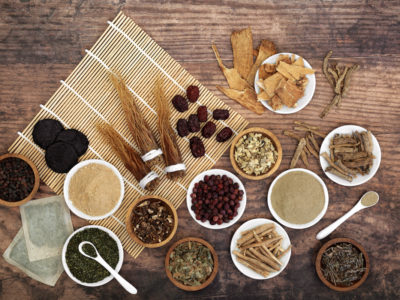A lot of people believe that they can’t wake up and get through their day without first having their morning cup of coffee. However, caffeine is classified as a drug because it acts as a stimulant to the central nervous system. And like all other drugs, caffeine has negative side effects on your health and wellness.
The daily caffeine content of coffee or other pick me-ups (such as energy drinks) can lead to serious health conditions over time. These include high blood pressure and high cholesterol which are serious risk factors for heart disease.
You could drink caffeine-free coffee or other drinks, but they won’t boost energy.
Fortunately, there’s a third option: Increase your energy levels throughout the day with these caffeine alternatives. As an added bonus to drinking less caffeine, these substitutes have plenty of added health benefits that might make you think twice next time you reach for another cup of Joe!
12 Caffeine Alternatives for Increased Energy, Alertness, and Metabolism
1. B Vitamins
If you’ve been downing coffee cups for the entire day, you need B vitamins as one of your caffeine alternatives ASAP. It’s possible your fatigue or lethargy is a sign of vitamin deficiency.
B vitamins play many roles in keeping your metabolism up and your body healthy. B1, for example, helps in energy production.
B6, meanwhile, is essential in boosting the production of red blood cells. These cells are responsible for transporting oxygen to different parts of the body, especially the brain.
You can get these from supplements or from food sources such as sunflower seeds, tuna, and avocado.
These vitamins are water-soluble, which means your body cannot store them, so it’s important to incorporate them into your diet regularly.
2. Chicory
One of the most popular alternatives to caffeine is chicory root. It is a plant where its roots, as well as the other parts that stay above ground, are dried and used as medicine.
Many people like it since it often tastes similar to coffee but without the jolt. It contains other nutrients such as vitamin B6, manganese, vitamin C, and potassium. It also has inulin, a prebiotic fiber that can help take care of your gut health.
3. Maca
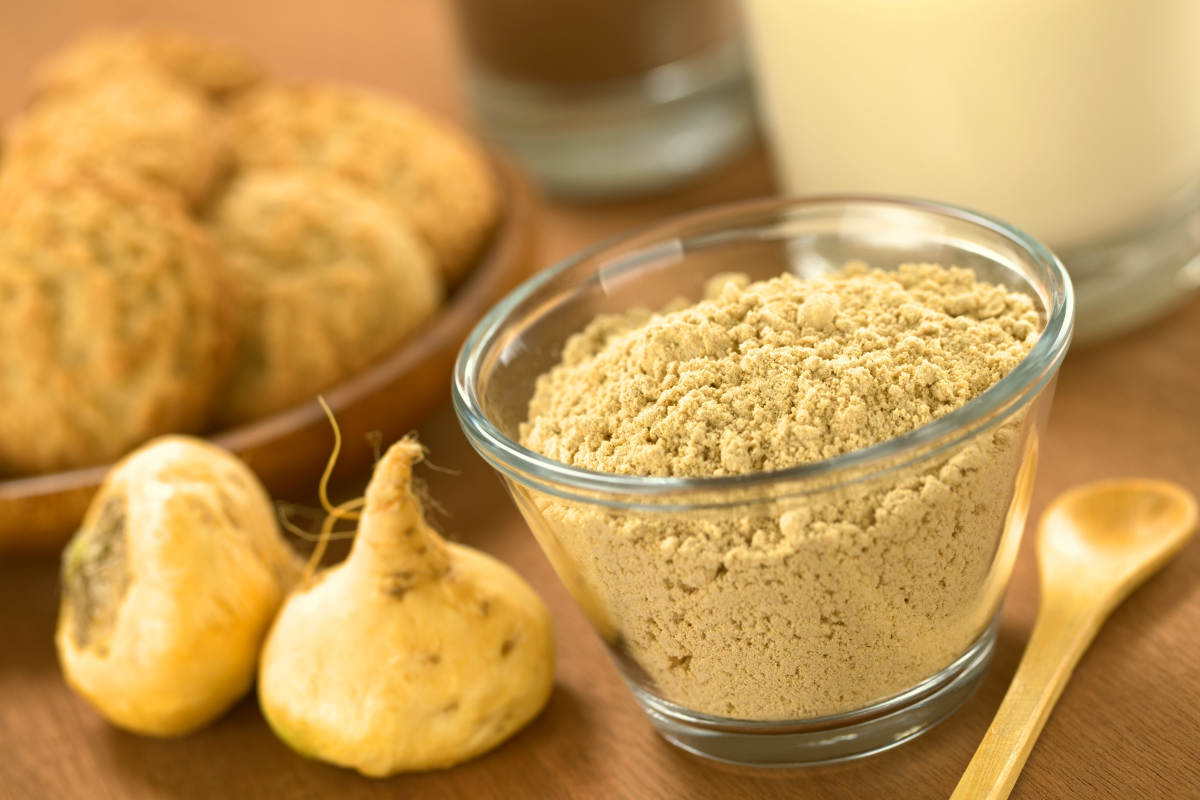
Maca is a superfood that comes all the way from the Andes Mountains. People there have been using it for hundreds of years because of its medicinal properties, especially in supporting adrenal function and helping with mental focus.
Maca is an adaptogen. This means it’s a safe, non-toxic plant that helps balance your hormones.
One of these hormones is cortisol, which can increase when you’re under stress. It can keep your heart rate and sugar levels up. So as an adaptogen, maca can actually help the body adapt to and counteract stress.
A 2006 study revealed the root can also help improve mood. It may reduce the symptoms of depression and anxiety, especially among post-menopausal women.
4. Rhodiola
A 2017 experiment involving 100 subjects showed rhodiola can be an alternative to caffeine. In only one week, those who took the root reduced their feelings of fatigue and weakness.
The subjects also experienced a better quality of life, concentration, and attention. This medicinal root can also enhance mood by helping balance the neurotransmitters.
Rhodiola, or arctic root, is an excellent caffeine alternative because it works like maca. It is also a potent adaptogen, which can help the body resist different kinds of stressors.
5. Guayusa Extract
Another potential coffee substitute is guayusa extract that comes from the guayusa tree. A native of South America, it’s a common ingredient in many energy drinks.
Like coffee, it also contains caffeine. In fact, the levels are reportedly higher than that of black tea.
The extract doesn’t give you the same jittery feeling though since the caffeine content is still lower than that of coffee beans. It also has L-theanine, an amino acid that balances the release of caffeine.
Even better, you don’t have to visit the Amazon rainforest to get it. You can now consume it along with other caffeine alternatives such as maca and rhodiola as a supplement.
6. Ginseng
Asian countries such as Korea take ginseng as an alternative to coffee. The root of a slow-growing plant promotes short-term learning and concentration.
It is also rich in antioxidants that can potentially improve the immune system. By taking ginseng regularly, you lessen your likelihood of getting colds and the flu, which can dampen your energy.
It also decreases inflammation, which is a risk factor for many chronic diseases like heart disorders. It may also alleviate body pain.
7. Teas
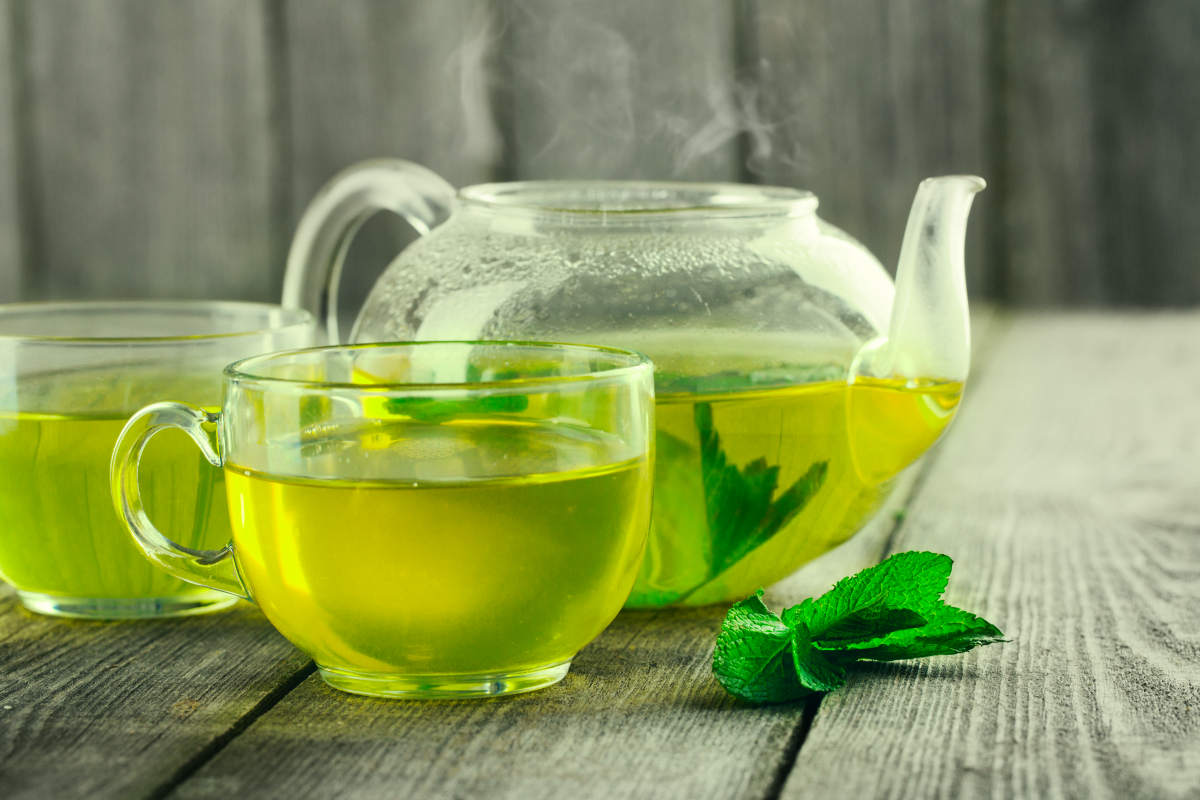
If you’re looking for a caffeine alternative without the jitter, you can substitute coffee with tea instead, and you have a number of options of different teas to choose from.
You can try matcha, a type of green tea, which has a better flavor than moringa. When combined with a starchy food, it regulates blood sugar spikes.
There’s also kombucha which balances your microbiome with probiotics. It can decrease the odds of bloating and improves digestive health.
Black tea is an herbal tea that’s another popular alternative to caffeine because of L-theanine. The combination of these two compounds can stabilize alertness, mental focus, and accuracy without the nerves, according to a study.
Chai tea or chai lattes are a popular, comforting black tea drink, traditionally brewed with hot water or milk, spices such as cinnamon, cardamom, cloves, ginger, star anise, fennel, and black peppercorns, and a sweetener.
Related
The Battle Of The Greens: Moringa vs. Matcha
Some super greens are worth drinking, but when it comes to moringa vs. matcha, which is better for overall health and wellness? Find the answer below!
8. Peppermint
As another caffeine alternative to coffee, peppermint can help boost your energy in many ways:
- It has anti-inflammatory properties that alleviate many types of pain such as stomach cramps, migraines, and headaches.
- The oil may reduce the chances of daytime sleepiness.
- It can also provide sinus relief.
- It boosts your digestive health, reducing the risk of an upset stomach.
- Peppermint can also relax your body, so you can get better sleep.
While you can consume this as tea, you may also use it for aromatherapy with a diffuser. You can also look for supplements that contain it as an active ingredient, or, grow some yourself and add the fresh or dried leaves to water, drinks, smoothies, and more.
9. Bananas
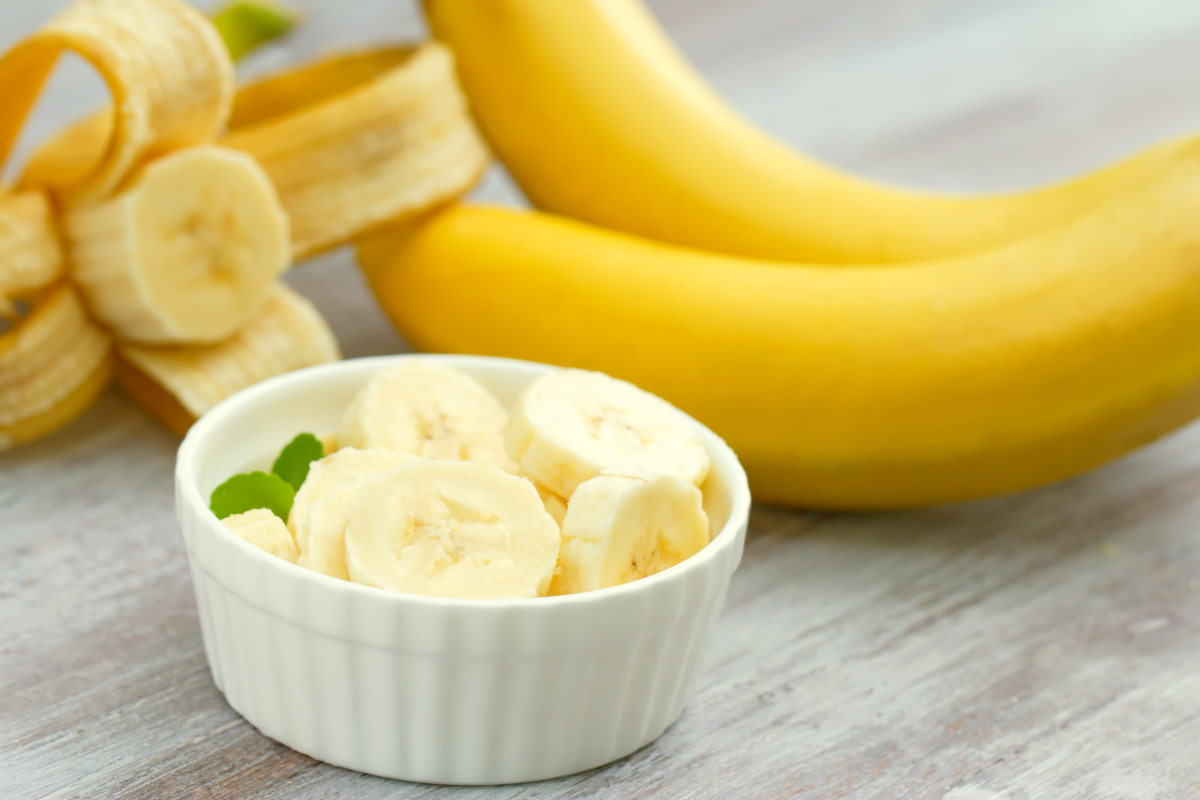
Are you looking for something sweet? Try eating a banana, another of the many healthy alternatives to coffee.
In the morning you may be feeling weak and fatigued because your body lacks sugar. A banana is a great source of healthy carbohydrates to get you going with plenty of energy.
It is also rich in potassium and vitamin B6, both of which increase your stamina. It may even be a better option than a carbohydrate drink.
10. Spinach
There’s a good reason why Popeye loves his spinach. This leafy green is chockfull of nutrients.
It is an excellent source of iron, which is necessary for creating hemoglobin. Hemoglobin helps red blood cells deliver oxygen, a vital process that contributes to your alertness
Spinach has 24 mg of magnesium, making it a good caffeine alternative. This mineral can help refuel your body by activating adenosine triphosphate (ATP), an essential component for energy production.
If you don’t like bananas, spinach is a good substitute. It contains about 167 mg of potassium.
There are many things you can do with spinach, including making a smoothie along with other greens.
11. Nuts
Rather than grabbing a donut as a snack, munch on nuts instead. They have protein and fats, so they can satiate your hunger for longer periods of time without increasing your blood sugar levels.
The fatty acids may help take care of your blood vessels as well. This allows your blood to flow properly and prevents your heart from pumping harder.
As added benefits, nuts can reduce the odds of hypertension and aid in weight loss reduction, a study showed. They can decrease oxidative stress and fight inflammation.
12. Water
The best and healthiest way to stay energized all day is with a glass of water (or eight). It’s no wonder that nearly every health practitioner or proven piece of medical advice recommends hydrating with filtered or lemon water.
Even mild dehydration can have a harmful effect on energy levels, mood, concentration, and performance. This is another strike against caffeine because even if it’s consumed in liquid form, it contributes to dehydration.
Just about every aspect of your physical and mental health can be improved by drinking enough water!
When you’re feeling low or run-down, it’s an instinct to reach for the coffeemaker, but think twice next time and try these caffeine alternatives first.
Besides increasing your energy levels without the jolt, they can offer more nutrients to help maintain optimal health and well-being.
You May Also Like…
Editor’s Note: This post was originally published on June 10, 2019 and has been updated for quality and relevancy on May 19, 2021.

